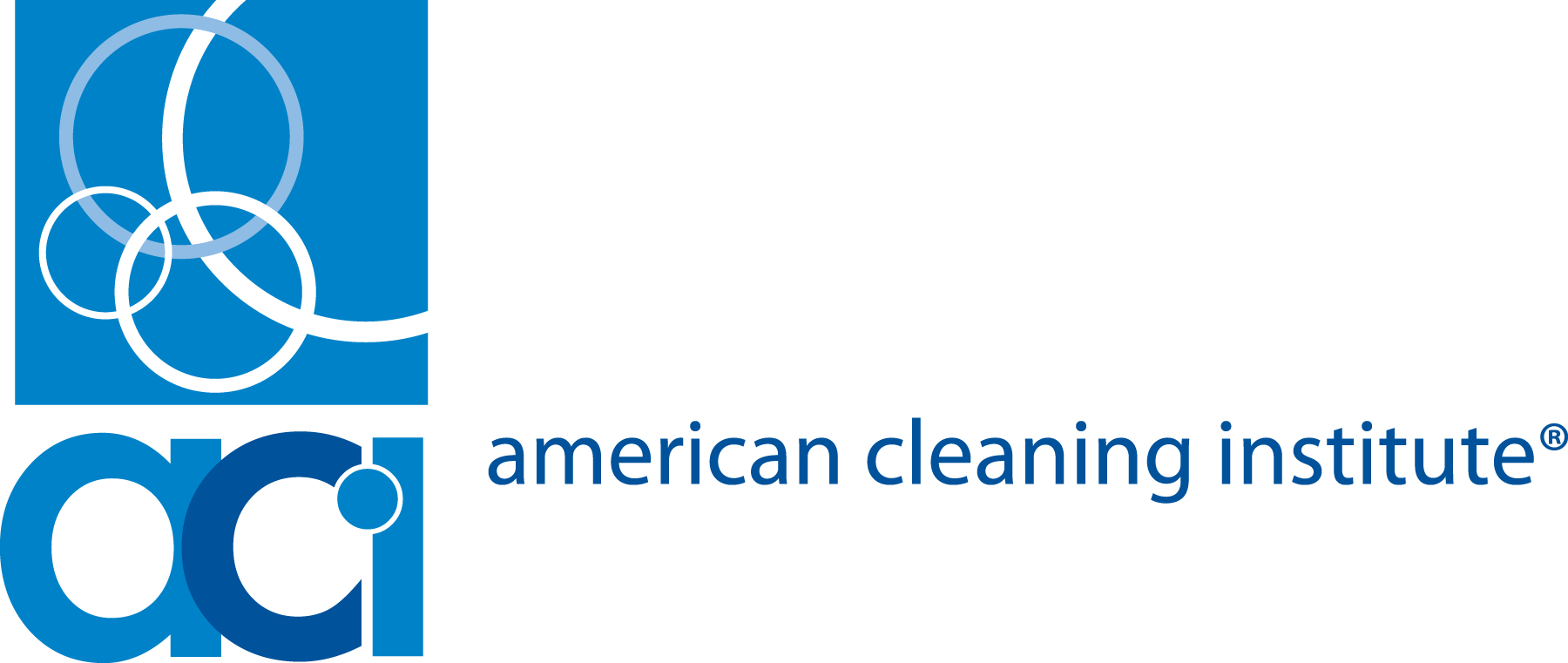For Immediate Release: March 18, 2016For More Information, Contact: Angela Gonzales; [email protected]; 703-894-1865Brian Sansoni, [email protected]; 202-662-2517
PPWC Launches Week-Long Campaign to Prevent Poisonings
Newswise — WASHINGTON, D.C. – Unintentional poisoning hazards span a lifetime but preventing poisoning can take only moments. During National Poison Prevention Week, March 20 – 26, 2016, the Poison Prevention Week Council (PPWC) will take to social media to bring awareness to the common, but often hidden poison dangers, as well as encourage the public to take a few simple precautions to prevent poisonings.
In 2014, about 2.2 million calls were placed to the Poison Help Line (800-222-1222) from people coming into contact with dangerous or potentially dangerous substances. From incorrect medicine dosing to emerging hazards associated with liquid nicotine, most poisonings are unintentional and preventable. This seven-day social media engagement campaign seeks to inform consumers about specific ways they can proactively protect themselves and their loved ones.
During Poison Prevention Week, consumers are urged to ask a question, share a story, or simply follow the Twitter conversation by using #PreventPoison or #NPPW16. The PPWC will share poison-related data, images, information, and videos on topics ranging from child safety to medication safety. Consumers can follow the PPWC on Twitter (@PreventPoison) and also like and follow along with the Council’s Facebook page (https://www.facebook.com/Poison-Prevention-Week-Council-311432602245411/).
This year’s NPPW daily topics include:• Monday, March 21 – Children Act Fast … So Do Poisons• Tuesday, March 22 – Poison Centers: Saving You Time and Money• Wednesday, March 23 – Poisonings Span a Lifetime• Thursday, March 24 – Home, Safe Home• Friday, March 25 – Medication Safety
“It’s important to remember that poisonings can happen to anyone, anywhere, and at any time. While the majority of accidental human exposures called in to poison centers occur at a residence, they can also occur in the workplace, schools, healthcare facilities and elsewhere,” said Krista Osterthaler, Chair of the Poison Prevention Week Council and Director of National Outreach at the American Association of Poison Control Centers. “The good news is that many poisonings are preventable, and if you need help, it’s readily available by calling Poison Help at 1-800-222-1222.”
For additional information about poison prevention, visit the Poison Prevention Week Council’s website at www.poisonprevention.org or on Twitter @PreventPoison. Individuals and organizations that would like to follow social media content pertaining to National Poison Prevention Week should use and search for the hashtags #NPPW16 and #PreventPoison.
About National Poison Prevention Week:Public Law 87-319 (approved September 26, 1961) requested that the President annually to designate the third week in March as National Poison Prevention Week. The observance, sponsored by the Poison Prevention Week Council, was designed to alert the American people to the problem of unintentional poisonings. For over 50 years, National Poison Prevention Week has worked to educate the public about preventative and safety measures. About the Poison Prevention Week Council:The Poison Prevention Week Council provides information about the events associated with National Poison Prevention Week, the steps that you can take to help prevent accidental poisonings and tips for promoting community involvement in poison prevention. Learn more at www.poisonprevention.org. Poison Prevention Week Council Members: Alliance for Aging ResearchAlliance for Consumer EducationAmerican Academy of PediatricsAmerican Association of Poison Control CentersAmerican Cleaning InstituteAmerican College of Emergency PediatricsArt & Creative Materials Institute, Inc.ASTM InternationalCaregiver Action NetworkChild Care Aware® of AmericaConsumer Healthcare Products AssociationConsumer Specialty Products AssociationJuvenile Products Manufacturers Association ~ JPMANational Pesticide Information CenterNational Safety CouncilU.S. Centers for Disease Control and PreventionU.S. Consumer Product Safety Commission (CPSC)U.S. Department of HUD, Office of Lead Hazard Control and Healthy HomesU.S. Food and Drug AdministrationU.S. Health Resources and Services Administration
